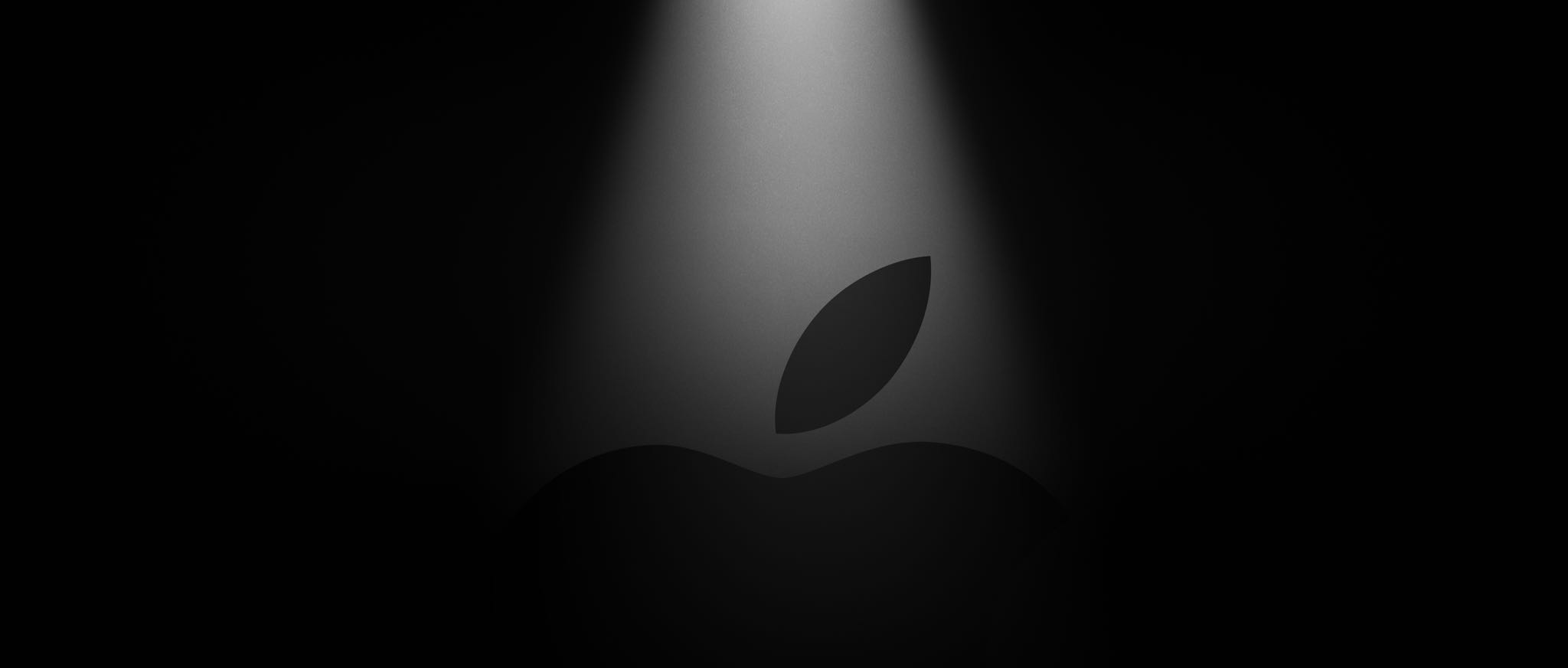
Apple’s expanded deal with Amazon that permits the online retail giant to carry the iconic smartphone could be in violation of the United States competition laws because the agreement is now reportedly being scrutinized by the Federal Trade Commission (FTC).
The Verge has learned that the FTC is investigating if other retailers’ businesses on Amazon’s Marketplace platform were being kicked off as a result of the deal, including companies like Bumstead, which is the leading US e-commerce website for third-party sellers. Problem is, these sellers must now apply for Apple Authorized Reseller status and the Amazon Renewed program to continue selling used and refurbished Apple products on Amazon.
One seller, a Minnesota man named John Bumstead who specializes in refurbished MacBooks, was contacted earlier this month by a group of FTC officials. Bumstead told The Verge that he was interviewed by FTC lawyers and an economist about the impact of the Amazon-Apple deal on his business.
The group did not disclose the broader purpose of the interview, but at least one member of the group is listed as belonging to the FTC’s newly formed Tech Task Force, a division launched in February to police anti-competitive behavior on tech platforms.
Unauthorized resellers selling new or refurbished Apple products on Amazon saw their listings removed after January 4, 2019. Announced last fall, the deal lets Apple sell an expanded range of products on Amazon’s platform, including the iPad tablet line and iPhones. Counterpoint Research called it a win-win game for both technology companies, with the Cupertino giant being able to better manage pricing, warranties and the overall customer experience.
Bumstead told The Verge what the FTC was interested in:
They wanted to know how Amazon works, how eBay works. I went into describing how a listing works on Amazon. Amazon is interesting in that you don’t necessarily create a listing. You just sort of tag on to an existing listing. If that listing gets deleted, chances are you’re not allowed to sell that product. That’s how Amazon did this. They created a bunch of renewed listings from the people who were certified and they let those people sell on those listings and they abandoned everyone else.
For Apple, the deal allows it carry its products on the Amazon platform in an official capacity whilst cutting down on counterfeit or misleadingly marketed products. But as CNET reported in November 2018, some legitimate sellers of low-cost or refurbished Apple products found their business drying up since the deal was announced, with others removed from the platform.
Experts say the deal could easily be grounds for an antitrust complaint.
The Verge cites Sally Hubbard, OpenMarkets Institute’s director of enforcement strategy:
You put a gate around the brand and say all the third-party sellers of whatever that brand is get a notice saying you can no longer sell this product on our platform unless you get authorization from the brand. But of course the brand is not going to let you sell if you’re under the minimum advertised price. Problem is that it’s illegal under antitrust law.
Has Apple gone too far in trying to regain control over iPhone sales on the world’s top online retail platform, do you think? And should the Commission indeed step in and to ensure smaller sellers can thrive on Amazon’s Marketplace?
Chime in with your thoughts in the commenting section down below.